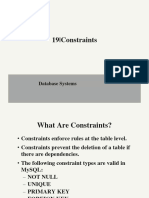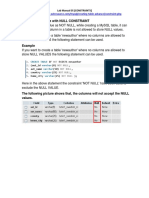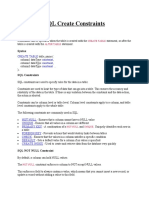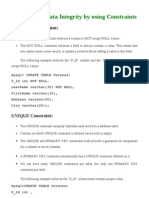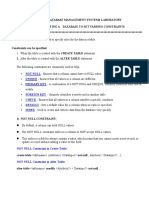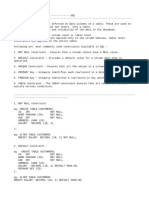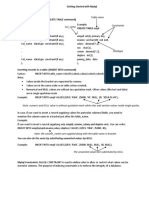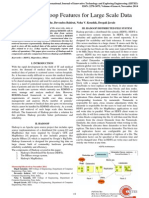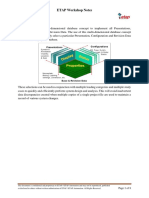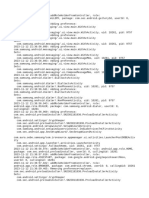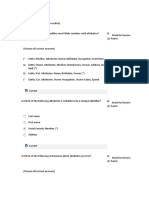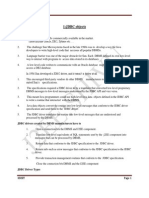0% found this document useful (0 votes)
10 views9 pagesMysql Column Constriants
The document outlines various MySQL constraints including NOT NULL, UNIQUE, PRIMARY KEY, FOREIGN KEY, CHECK, and DEFAULT, explaining their functions and usage. It provides examples of creating tables with these constraints, demonstrating how to enforce data integrity and relationships between tables. Additionally, it covers the syntax for creating tables with specific constraints and the implications of foreign key relationships in MySQL.
Uploaded by
indiananimationworld2.0Copyright
© © All Rights Reserved
We take content rights seriously. If you suspect this is your content, claim it here.
Available Formats
Download as DOCX, PDF, TXT or read online on Scribd
0% found this document useful (0 votes)
10 views9 pagesMysql Column Constriants
The document outlines various MySQL constraints including NOT NULL, UNIQUE, PRIMARY KEY, FOREIGN KEY, CHECK, and DEFAULT, explaining their functions and usage. It provides examples of creating tables with these constraints, demonstrating how to enforce data integrity and relationships between tables. Additionally, it covers the syntax for creating tables with specific constraints and the implications of foreign key relationships in MySQL.
Uploaded by
indiananimationworld2.0Copyright
© © All Rights Reserved
We take content rights seriously. If you suspect this is your content, claim it here.
Available Formats
Download as DOCX, PDF, TXT or read online on Scribd
/ 9

